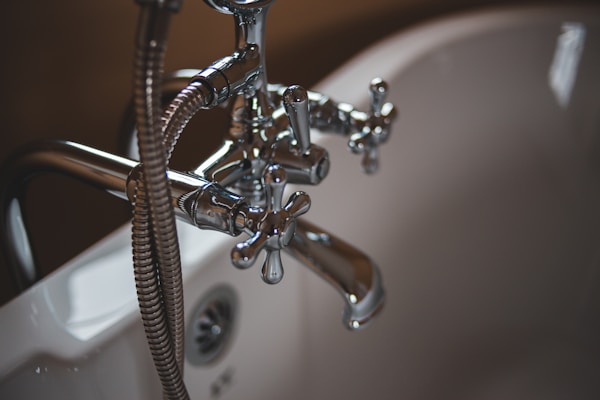Floods are a common natural disaster that can cause significant damage to your home. Whether you live in a high-risk flood zone or not, it's important to know how to recover from flood damage in case you experience one. Here are some tips for homeowners on recovering from flood damage:
Invest in repairing water damage:

Experiencing a flood can be a devastating and overwhelming experience for any homeowner. After the immediate danger of the flood has passed, it’s crucial to prioritize water damage restoration as soon as possible. This process includes removing standing water, drying out affected areas, and repairing any damage caused by the flood. Failing to address water damage promptly can result in long-term damage to your home and pose serious health risks to those living inside.
Prepare for future floods:
As a homeowner, you know that protecting your investment is a top priority. If you live in an area that is prone to flooding, installing storm doors can be an effective preventative measure to help keep your home safe. They are made to withstand strong winds and heavy rain, offering a crucial line of defense against water damage. As water can quickly seep into your home during a flood, it is important to take as many precautions as possible. These doors have the ability to provide an additional layer of protection to your home's exterior, keeping your interior dry and free from water damage. In addition, their reinforced frames and tempered glass make them a reliable option for all types of weather conditions.
Inspect your foundation:
Natural disasters like floods can wreak havoc on our homes, leaving them damaged and vulnerable. After a flood, inspecting your home's foundation is crucial as it's the base upon which the entire structure is built. Any cracks or damage in the foundation can lead to water seeping into your home, causing further damage to walls, floors, and the structural integrity of your home. Water can not only weaken and deteriorate building materials but create an environment perfect for mold growth, posing a significant health risk to you and your family.
Check your plumbing:

Floods are one of the most destructive crises that can happen to a home. The physical damage to furniture, appliances, and other parts of the house is often the first thing that comes to mind. However, many homeowners fail to realize that floods can also cause significant damage to their home's plumbing system. When a flood occurs, water can seep into the pipes and cause them to deteriorate. Over time, this can lead to leaks and other issues that can cause water damage, mold growth, and even structural damage if left unchecked. Additionally, floodwaters can carry debris and other contaminants that can clog pipes and sewer lines, causing backups and blockages.
Install a sump pump:
A sump pump is an essential tool that plays a crucial role in preventing water damage in your home. The device is designed to remove accumulated water from your basement or crawl space, which significantly reduces the risk of flooding. Many homes are built in areas with a high water table or are prone to flooding, making sump pumps an ideal solution for homeowners looking to protect their properties from water damage.
Remove mold and mildew:
Floods are one of the most devastating natural disasters that can wreak havoc on homes and communities. However, the issues don't end when the water recedes. Floods can also create a breeding ground for mold and mildew, which can pose serious health problems for you and your family. Mold and mildew thrive in damp environments and can grow quickly, especially if not taken care of immediately.
In conclusion, recovering from flood damage can be a daunting task, but with these tips, you can protect your home and prevent further damage. Remember to always consult with a professional when dealing with flood damage to ensure that the job is done properly and safely.






